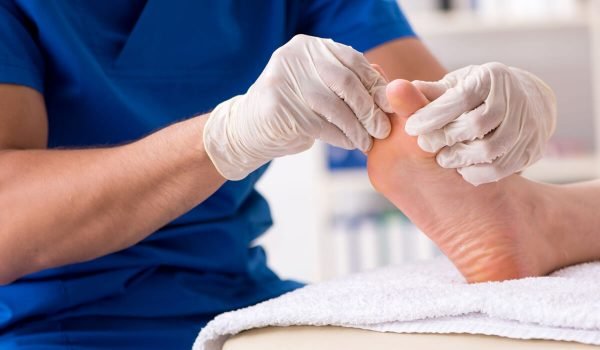Are you struggling with sleep apnea? If yes, you’re definitely not alone! In fact, about 39 million adults in the U.S. struggle with sleep apnea. That’s a lot of people counting sheep at night!
Sleep apnea isn’t just about loud snoring or feeling tired. It’s a serious condition where your breathing stops and starts while you sleep. Isn’t it scary? Don’t fret! We have some awesome strategies to help you sleep more soundly.
So, stay tuned, and let’s embark on this journey to dreamland together!
Table of Contents
Use CPAP Machines
Medical interventions are crucial in enhancing health and overall well-being. Continuous Positive Airway Pressure (CPAP) machines are vital when addressing sleep apnea.
The machines work by providing a constant stream of air pressure through a mask that the patient wears while sleeping. This airflow keeps the airway open, preventing interruptions in breathing. The result is a more restful night’s sleep and improved oxygen intake.
However, selecting a suitable CPAP machine is essential. It’s because there have been recent concerns about CPAP machines from Phillips, which led to recalls. In fact, in an interview with Parker Waichman, it was revealed several lawsuits were filed against them. Why? Environmental impurities, such as dust and dirt, were discovered in the air channels. Over time, these impurities clog the vents and lead to insufficient oxygen supply.
Weight Management
Do you know that carrying extra weight, especially around the neck, can worsen sleep apnea? That’s right!
So, what to do? First, follow healthy eating habits. This means you must swap out sugary snacks for fruits or nuts. This can be a great start.
Apart from that, try adding some fun activities to your day. It could be a walk in the park, a dance class, or even stretching during TV commercials. These little changes can add up and help with weight management and improve your sleep apnea symptoms.
Avoid Alcohol and Smoking
You might love unwinding with a glass of wine or a cigarette. But if you are suffering from sleep apnea, these can be more of a problem than a help. Alcohol relaxes the muscles in your throat, which can lead to more snoring and interrupted breathing at night.
And smoking? It can increase inflammation and fluid retention in your airways, making breathing even harder when you’re trying to catch those Zzzs.
So, what’s the solution? Well, try to cut back on alcohol, especially close to bedtime. As for smoking, it’s tough, but quitting can make a huge difference not just for sleep apnea but for your overall health. In fact, there are lots of resources out there to help with quitting, so you’re not in this alone.
Sleep Positioning
Your sleeping position can really make a difference, especially if you have sleep apnea. Yes, you read that right! In fact, sleeping on your back can cause your tongue and soft tissues in the back of your throat to flip back, making it harder to breathe.
But here’s a neat trick: try sleeping on your side! When you’re on your side, gravity is less of a bully, and it’s easier for air to flow smoothly. This simple switch can reduce snoring and those annoying pauses in breathing that come with sleep apnea.
There are special positional devices to help you stay on your side comfortably throughout the night. These gadgets you wear on your back gently encourage you to stay on your side.
Stress Management
When you’re stressed out, your body becomes like a car revving in high gear. And guess what? This can make sleep apnea worse.
That’s why it’s crucial to manage your stress. But how can you do that? That’s where the magic of mindfulness and meditation works. These aren’t just fancy buzzwords; they’re real-deal practices that can calm your mind. Just a few minutes of this every day can make a big difference.
Apart from that, you can do breathing exercises. Now you may wonder – you breathe all day, so what’s the big deal? Well, certain breathing techniques can be super relaxing. It’s like giving your body a ‘relax’ signal. Plus, it’s a great way to prep for sleep, especially if sleep apnea makes your nights rocky.
Last Words
Sleep apnea might be a bump in the night, but it doesn’t have to be the boss of your bedtime. With the above-mentioned strategies in your sleep toolkit, you’re on your way to quieter, more restful nights. If you’re still counting sheep night after night, remember it might be time to chat with a sleep specialist. There’s no harm in seeking a helping hand – after all, we’re all in this dream-chasing journey together!





